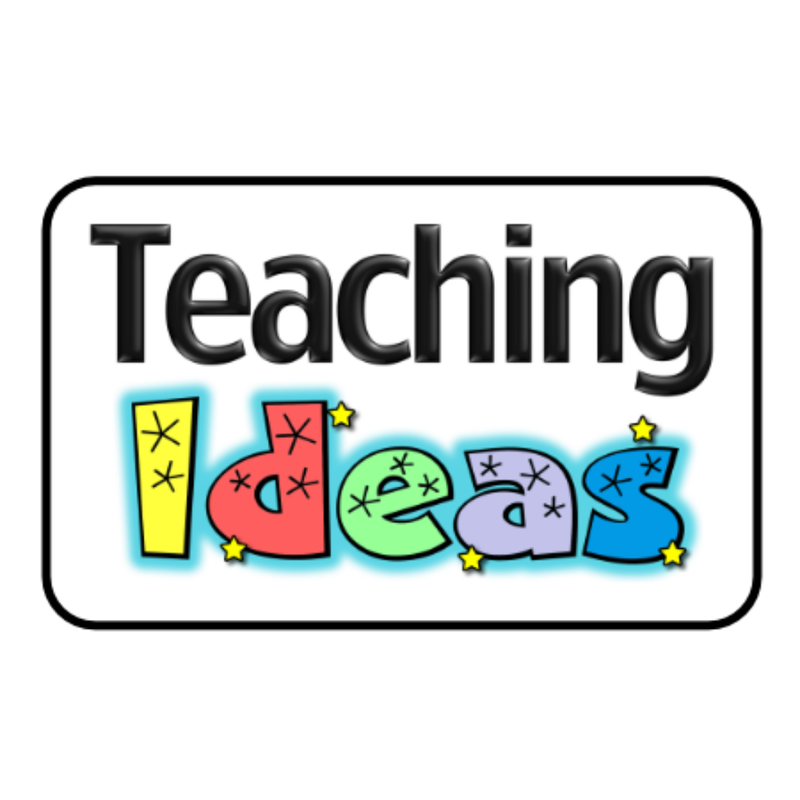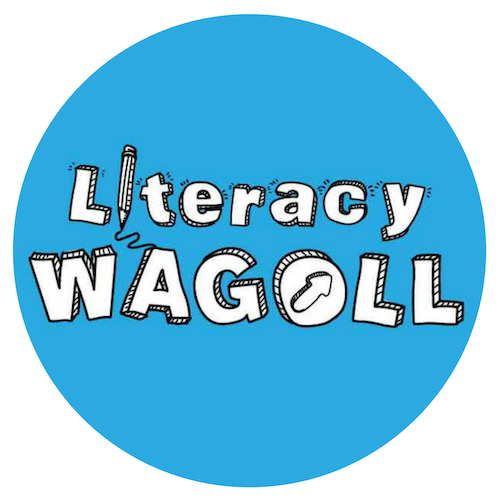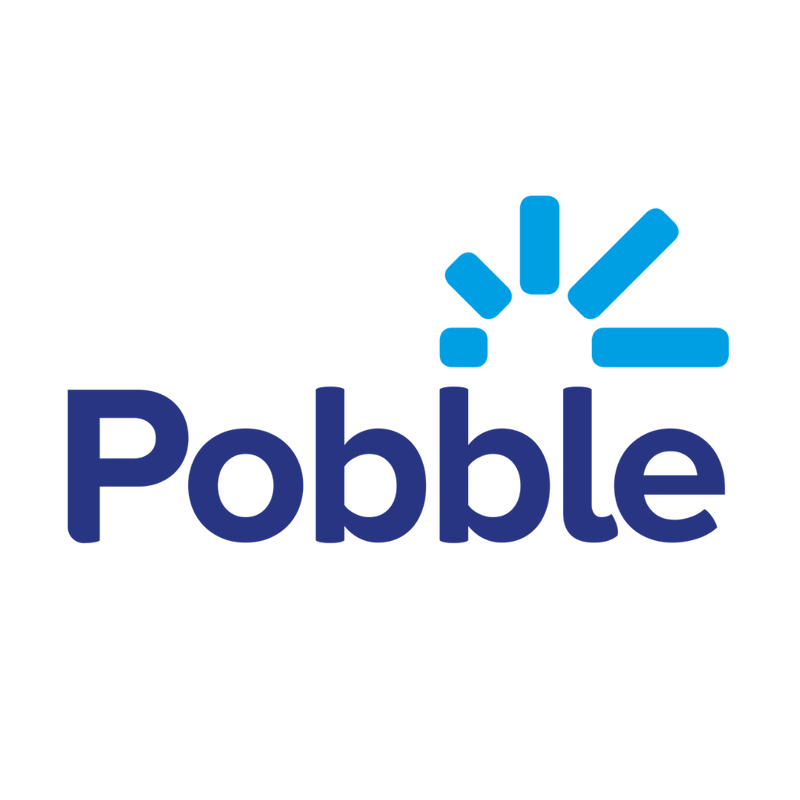|
Last week, I just sat in our school library and watched. I noticed that there was more than one effective way to interact with the children in your class. Some approaches are better than others at different times and promote different skills in the children. Teacher to Pupil, Pupil to Teacher and Pupil to Pupil are all great methods, but what are they and how can they be used effectively?
0 Comments
The Learning Adventure is a simple scaffold for teachers which allows you to plan an exciting and engaging unit of learning for the children in your class. It follows an inquiry model used and followed by many creative and tech businesses when developing new products. This is a chance to deliver the curriculum in a modern and fun way that engages children and builds key skill that they will need for future success! Time to innovate!
Sometimes the smallest things we say and do as teachers can have the biggest impact on children and their learning. More often than not, it is the things that teachers have always said like 'Do you understand?' and 'What is the answer?' that can actually have a negative impact on certain children. By making slight changes to the things we say, we can actually allow children to develop in a far more positive and focused way. Here are our top 5 things you should say more of in the classroom!
Recently, prior to an inspection, a colleague of mine approached me with a dilemma. They wanted to introduce a new short text to their children but was concerned that if that lesson was observed, they may not show 'Ofsted Outstanding Progress'. Many schools around the UK and world promote 'library time' or 'free reading time' which give children chances to read books for pleasure in order promote a love for reading. The theory behind this is that if children develop this passion for reading, they will be more willing to read and in turn develop their skills at a much faster rate - leading to progress. However, was my colleague right to be concerned about Ofsted seeing these 'free reading times'? Did she have a point? Can promoting a love for reading really be integrated with producing an 'Ofsted outstanding lesson'? After all, where is the accelerated progress in 15 minutes of free reading?
|
SearchWAGOLL TeachingWith a keen interest in the neuroscience and psychology of learning, WAGOLL Teaching is about sharing research alongside great, simple teaching ideas to a global teaching community.
Ben has been in education for over 10 years and is passionate about simplifying high quality teaching and learning through innovative and practical approaches in the classroom. sUBSCRIBE |
|
Who are we? |
All copyright reserved ©.
I would like to remind all visitors to this website that all pages on this site are copyright protected, unless stated. Most importantly, this site is for the use and enjoyment of all children, parents, guardians, carers and teachers who are involved in WAGOLL Teaching. Please use the resources/ideas as you need without replicating them for your own gains.
I would like to remind all visitors to this website that all pages on this site are copyright protected, unless stated. Most importantly, this site is for the use and enjoyment of all children, parents, guardians, carers and teachers who are involved in WAGOLL Teaching. Please use the resources/ideas as you need without replicating them for your own gains.

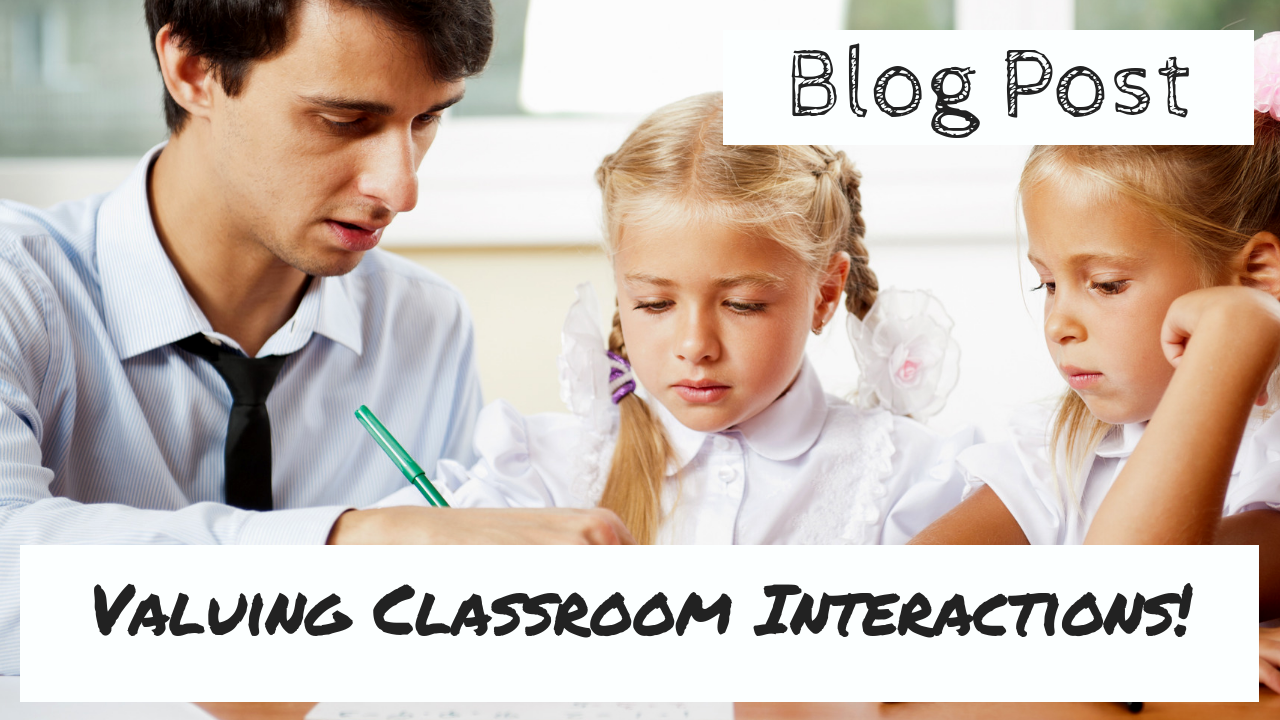
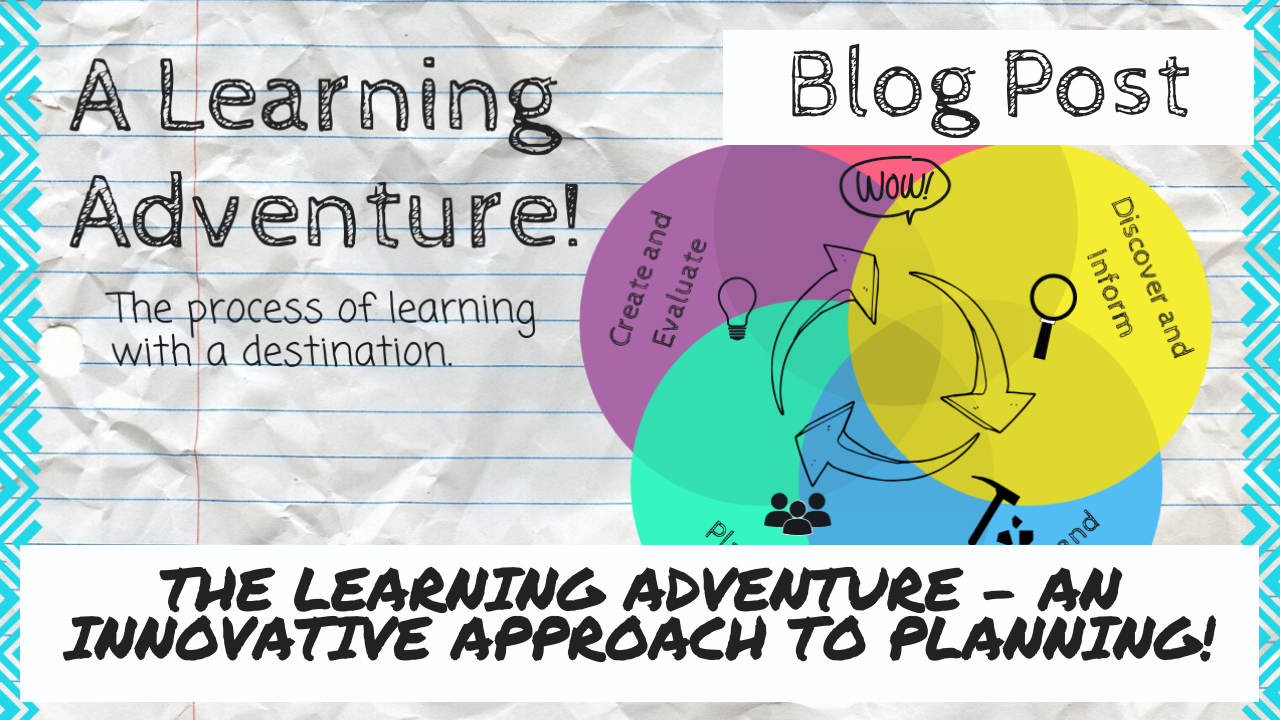





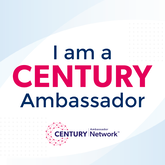
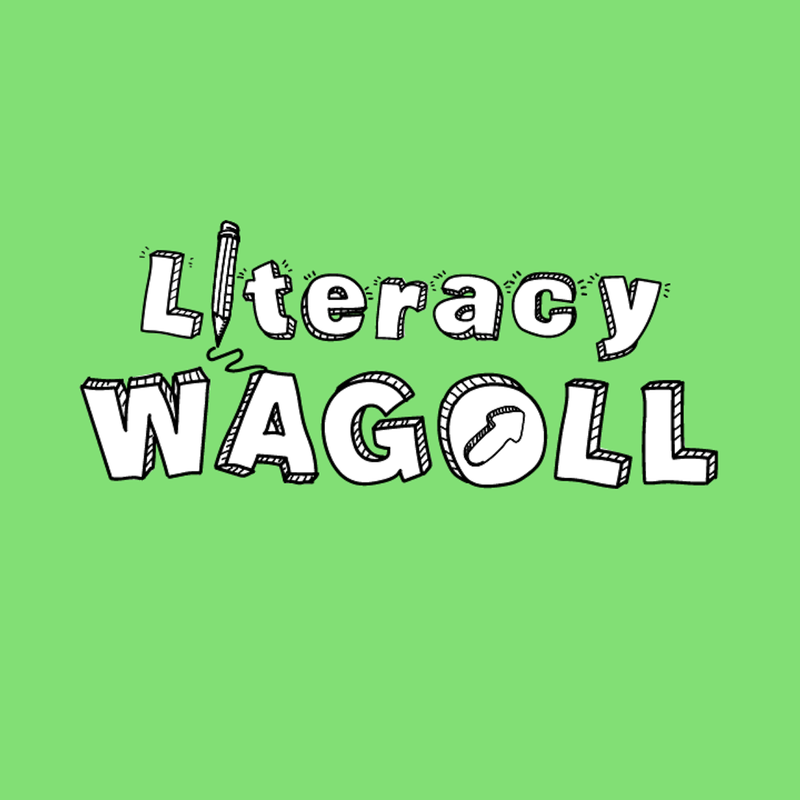
 RSS Feed
RSS Feed

